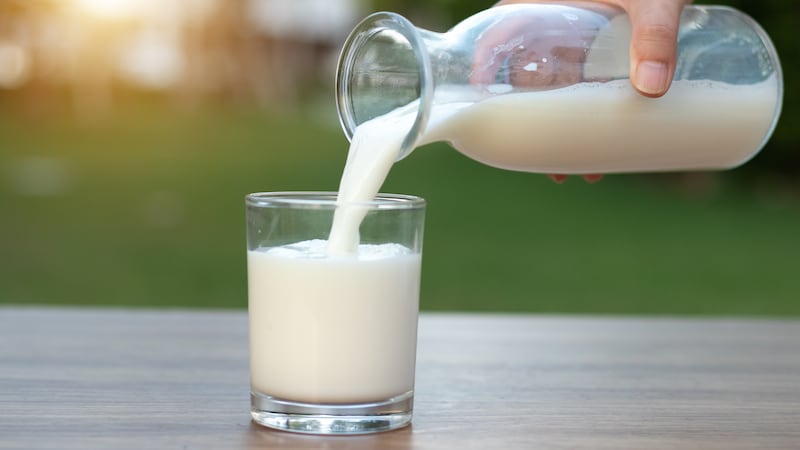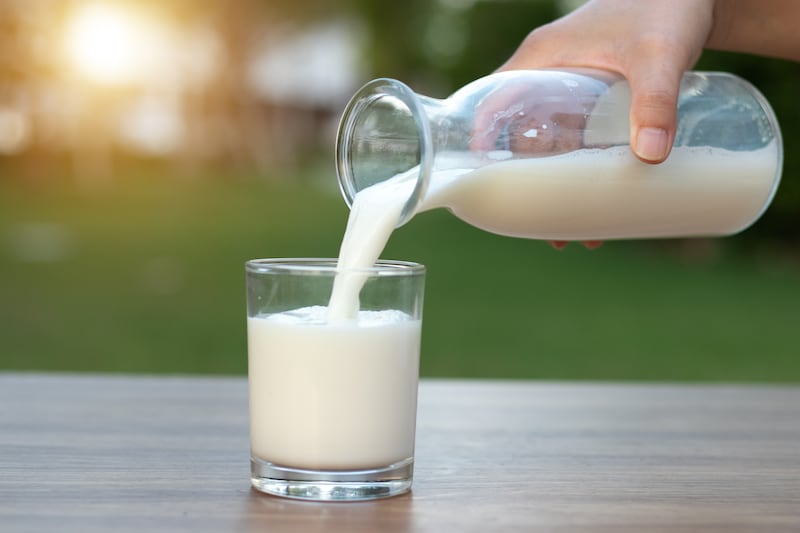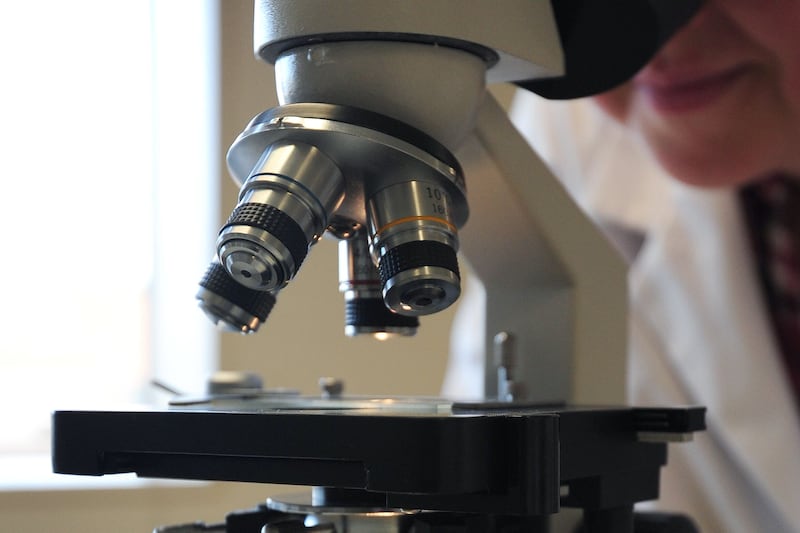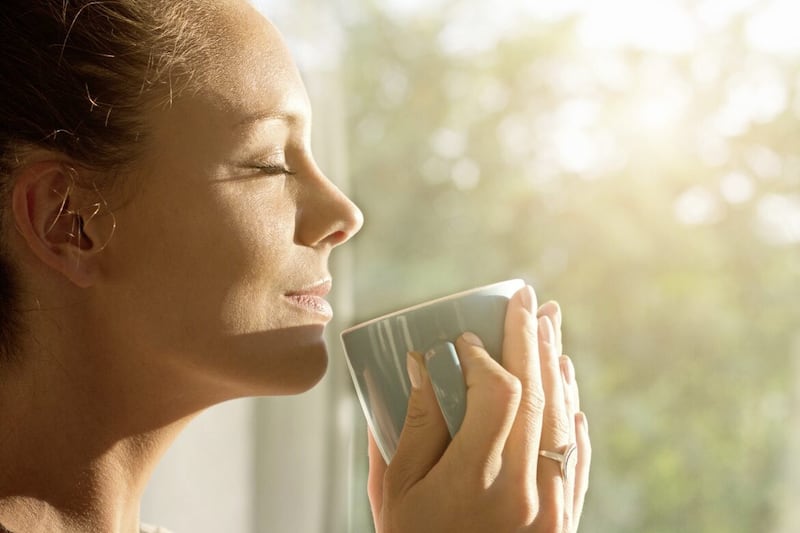Peak bone mass happens in our early 20s, but we don’t think too much about bone density until much later in life, and often not until after we have had a broken bone.
Also known as ‘brittle bone disease’, osteopenia and osteoporosis are more common in women than men, and often these conditions are only diagnosed after a fall or fracture.
Osteopenia is the stage before osteoporosis, where the bone density starts to slow and weaken, showing lower bone density than expected for your age. It is diagnosed by a bone scan called a Dexa scan.
There are many risk factors for osteopenia and osteoporosis, including:
- Age
- Ethnicity
- Family history
- Gender
- Being underweight
- A poor diet
- Some medication/medical conditions e.g. like long-term steroid use or poor absorption
- A history of eating disorders
- A low BMI
- Too much, or too little exercise
- Heavy drinking and smoking
Your bones are constantly renewing and rebuilding. We have two different types of bone cells – osteoblasts and osteoclasts. Osteoblasts are the bone building cells and osteoclasts are the ones that work hard to clear out old bone cells, so they can be replaced. These cells rely on oestrogen and progesterone to keep them in balance, so as women’s hormones start to change at peri-menopause, this clearing out and renewal process can slow down.
How can nutrition help us build strong bones?
Most of us know that calcium is a bone health hero, but we don’t hear too much about the other nutrients our bones need to be strong. These include vitamins A, B complex, C, D and K, magnesium, phosphorus, potassium, strontium and boron, enough protein and essential fats.
Here are six things you can do to help keep your bones strong and healthy:
- Eat your greens - A diet packed full of vegetables is always a good idea, but even more so if you are looking for a way to protect your bones. Dark green vegetables are some of the very best foods you can eat for bone density, so pack in foods like broccoli, cabbage, kale, watercress and rocket. Substitute spinach for other greens if you want to optimise your mineral intake. Oxalates in spinach inhibit absorption of minerals like calcium.
- Get enough protein - About 50% of bone is protein, so building enough protein into your diet is essential. Include protein at every meal and keep it varied. Plant based proteins like pulses, nuts and seeds, quinoa and buckwheat, or animal-based proteins like eggs, dairy products, meat and fish. Protein powders can be useful but skip the protein bars and protein-fortified foods that tend to be highly processed.
- Eat some dairy products - Dairy products are a great source of calcium. Generally I recommend people to include fermented forms of dairy in their diet – things like yoghurt and cheese/cottage cheese, as many people find these easier to digest and tolerate than drinking too much milk. You are also getting the benefits of the probiotic bacteria, and we now know that there is a gut-bone link with a healthy microbiome. If your diet is dairy-free, make sure you keep your calcium levels topped up with more foods like nuts, seeds, tahini and dark green veggies.
- Eat enough - Very low calorie diets are not good news for bone density, but that dose not mean packing your diet with empty calories. Instead, think about foods like avocadoes, oily fish, full fat dairy products and nuts that are packed with vital bone-building nutrients as well as healthy kcals.
- Exercise - Weight-bearing exercise and resistance training can help build strong bones. This is really important for younger people to help optimise bone formation, but has been shown that even people with osteopenia can benefit from supervised exercise. Strong muscles mean strong bones. The NHS recommend that we include at least two sessions of strength based exercises a week.
- Supplement the sunshine vitamin - The sunshine vitamin, vitamin D is severely lacking at this time of year and it is an essential bone nutrient. It is a good idea to supplement vitamin D3 between October and May, when we are deficient in sunlight. Around 2000iu vitamin D3 a day is recommended. You can do a simple pinprick blood test to have your vitamin D levels tested – get this from betteryou.com







